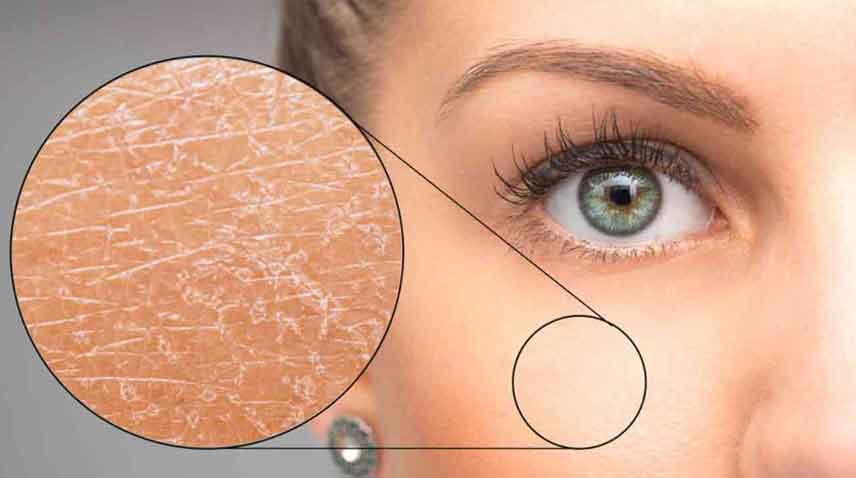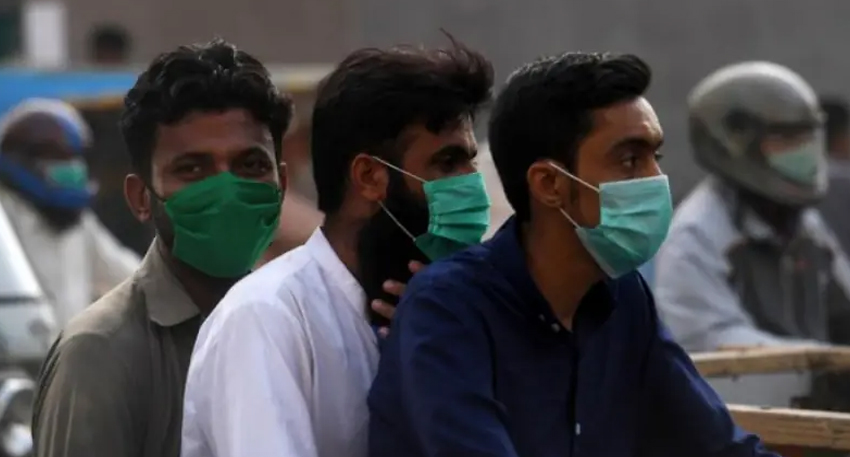
These common skin concerns might not just be the result of stress or lack of sleep—they could indicate a deficiency in essential vitamins. Vitamin deficiencies can manifest in various ways throughout the body, including your skin. We consulted Dr. Vivek Jagmohan Nigam, Founding Member of the International Society of Aesthetic Medicine and Surgery (ISAMS), Andheri West, Mumbai, who identified facial symptoms related to vitamin shortages.
Vitamin C Deficiency: The Cause of Dull and Tired Skin
If your skin appears tired or lacks its usual radiance, it may signal a Vitamin C deficiency. "Vitamin C is necessary for collagen synthesis, a process that produces the protein responsible for keeping your skin firm and elastic. Without enough vitamin C, your skin can become dry, flaky, and prone to signs of ageing like wrinkles and fine lines," explained Dr. Jagmohan. A 2017 study highlights that vitamin C is a potent antioxidant capable of neutralising and eliminating oxidants, such as those found in environmental pollutants or UV radiation. To enhance your Vitamin C levels, consider adding more citrus fruits like oranges, lemons, and grapefruits to your diet.
Combat Acne and Breakouts with Vitamin B6
Acne and breakouts could also point to a Vitamin B6 deficiency. Vitamin B6 is essential for hormone regulation, which influences oil production in the skin. A lack of this vitamin may lead to increased acne or other skin problems. To boost your Vitamin B6 intake, try consuming more poultry, fish, bananas, and legumes.
Dry and Flaky Skin: Is It a Sign of Vitamin A Deficiency?
Dr. Jagmohan further noted, "Dry and flaky skin can be a sign of Vitamin A deficiency. This vitamin is crucial for maintaining the health of your skin and mucous membranes. It aids in repairing damaged skin cells and boosting the immune system, so a deficiency can result in dry and flaky skin." To address this, increase your consumption of Vitamin A-rich foods like sweet potatoes, carrots, spinach, and kale.
Pale Skin: Understanding the Impact of Vitamin B12 Deficiency
Pale or sallow skin might indicate a Vitamin B12 deficiency. Vitamin B12 is vital for red blood cell production, and a shortage can cause anaemia, which often manifests as pale skin and fatigue.
Redness and Swelling: How Vitamin E Deficiency Affects Your Skin
Redness and swelling, particularly around the eyes or cheeks, could point to a Vitamin E deficiency. "Redness and swelling, particularly around the eyes or cheeks, might signal a Vitamin E deficiency. Vitamin E is an antioxidant that helps protect your skin from damage caused by free radicals, and it also supports skin healing," said Dr. Jagmohan. To boost Vitamin E intake, include more nuts, seeds, and green leafy vegetables in your diet. You may also consider Vitamin E supplements if dietary changes alone aren’t enough, but consult your doctor before doing so.
Dark Circles Under the Eyes: Could It Be Vitamin K Deficiency?
Dark circles under the eyes may be a sign of a Vitamin K deficiency. This vitamin is vital for blood clotting and circulation, and a deficiency can cause blood to pool under the sensitive skin around your eyes. To improve Vitamin K levels, eat more green leafy vegetables like spinach and kale, along with broccoli and Brussels sprouts.
[Disclaimer: This article contains information provided by an expert and is for informational purposes only. Please consult your healthcare professional if you have health concerns to avoid complications.]




